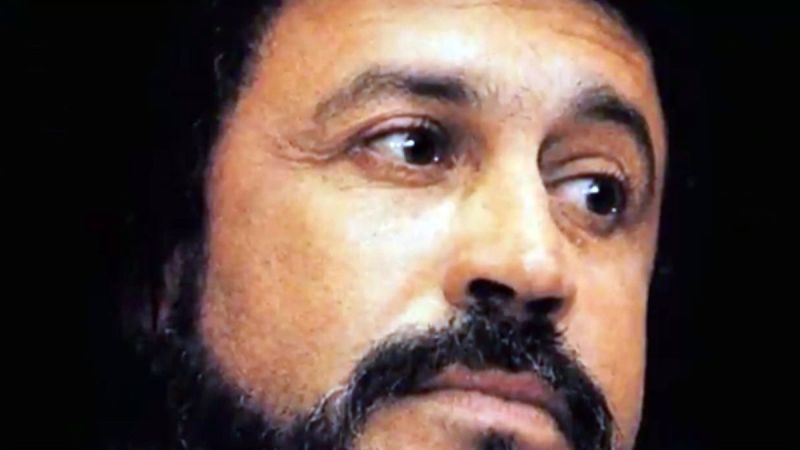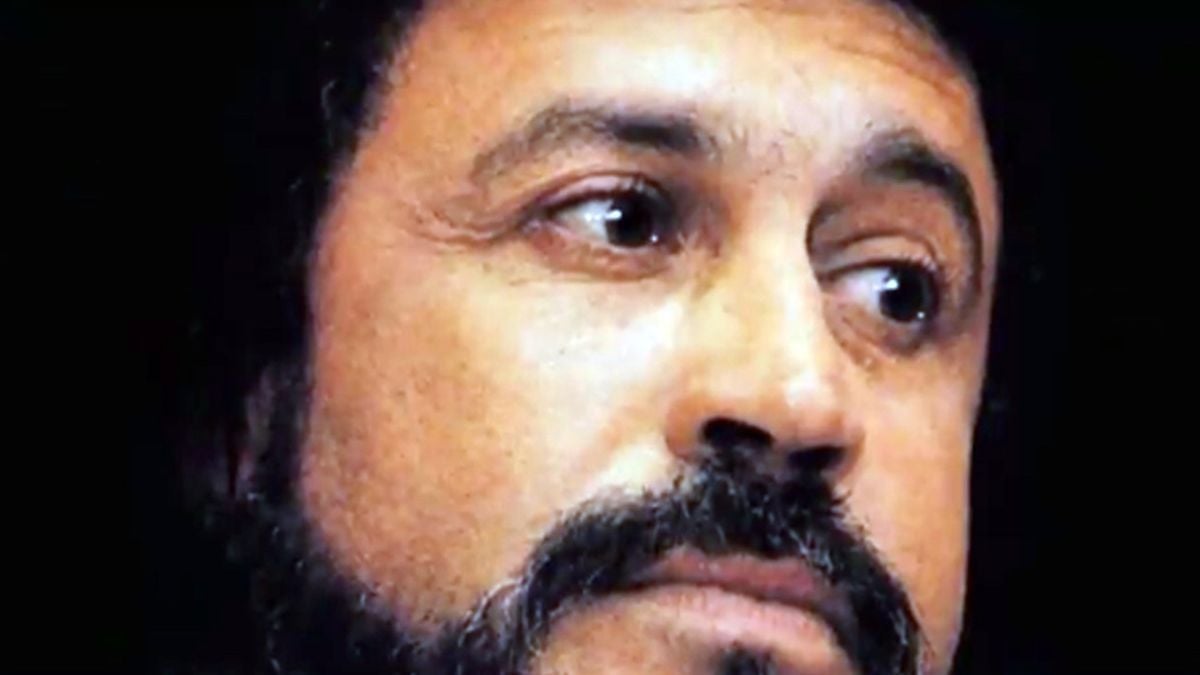Ali Primera: Rebel voice that shook the hegemony of the Fourth Republic (+birth)


Internet

Published at: 31/10/2024 08:11 AM
Rafael Primera Rosell, a Venezuelan activist and singer-songwriter, was born on October 31, 1941 in Falcón Ely, who dedicated his life to the fight for the construction of a better world under the flags of Bolivarianism and socialism.
From humble origins, Ali, as he was called by his relatives and whose name he would assume for the development of his artistic and political life, had to dedicate himself to work from a very young age, although this did not prevent him from continuing with his studies where, thanks to his dedication and intelligence, he managed to overcome easily.
After completing his primary studies, he moved to Caracas to pursue his secondary studies, where between working as a shoe cleaner, a masonry assistant and a street vendor, he managed to survive in the capital that emerged rich and unequal in the midst of the growing oil boom.
His passion and dedication to studies allowed him to enter the Central University of Venezuela (UCV) to study chemistry. It is in this house of studies that Ali most strongly assumes his political and ideological construction, becoming a member of the Communist Party of Venezuela (PCV), and it is here that he decides to dedicate himself to promoting his career as a singer and composer.
His first songs, Humanidad y No Basta Rezar, the latter presented at the Protest Song Festival organized by the University of Los Andes in 1967, project him to fame within the New Latin American Song movement.
His demonstrated intelligence and ability to learn make him worthy of a scholarship granted by the PCV, so he moved to the Socialist Republic of Romania to study petroleum engineering at a Polytechnic University in Bucharest.
In Europe, to earn a living, he washed dishes and sometimes managed to sing in places where his work was respected. In a studio in Germany he recorded his first album, entitled 'People of my land'.
His rebellion against the hegemony of the system prompted him to abandon the studies that would make him an engineer to work in transnational oil companies, so in 1973 he decided to return to Venezuela and dedicate himself to political and ideological struggle, using the tool he knew best: music.
At this stage, he decided to resign from the PCV and began, together with José Vicente Rangel and other leaders, the formation of a new political force that they decided to call the Movement for Socialism (MAS).
Given the strength and combativity of his compositions, he became an object of constant siege and threat by the repressive forces of the Adeco-Copeyan regime, persecution that led to the veto of his artistic work on radio stations because they were considered “subversive”.
These actions did not diminish the spirit of this guide who continued to expand his voice with such force that it resonated in several countries of our America, who saw in every stanza of Ali his desires and dreams of freedom, equality and equity.
After the release of 17 albums and several tours of Venezuela, Latin America and Europe, that voice of unparalleled power became increasingly popular, demonstrating in the fullness of each performance and in each protest that was enlivened by his music.
With growing success and a force that already surpassed his giant figure, on February 16, 1985, the world received the unfortunate news that gave an account of Ali's death, awakening the tears of a people who decided to take every stanza of this giant's work to turn them into action.
Today, the people sing their songs with the strength and conviction to make this world a better place for humanity.
Mazo News Team